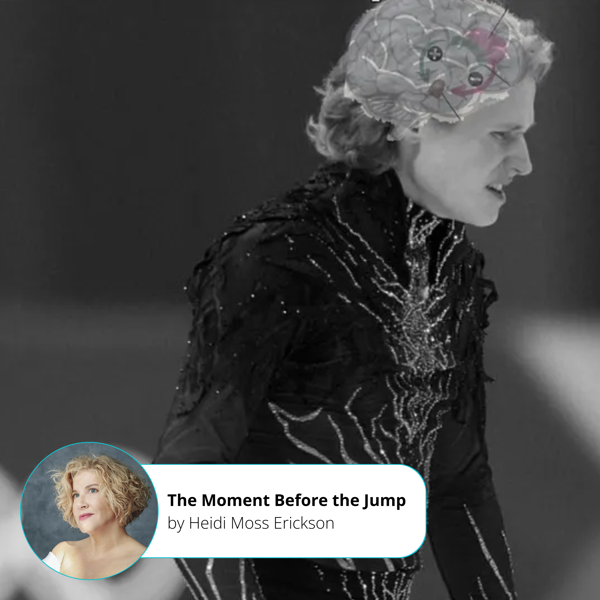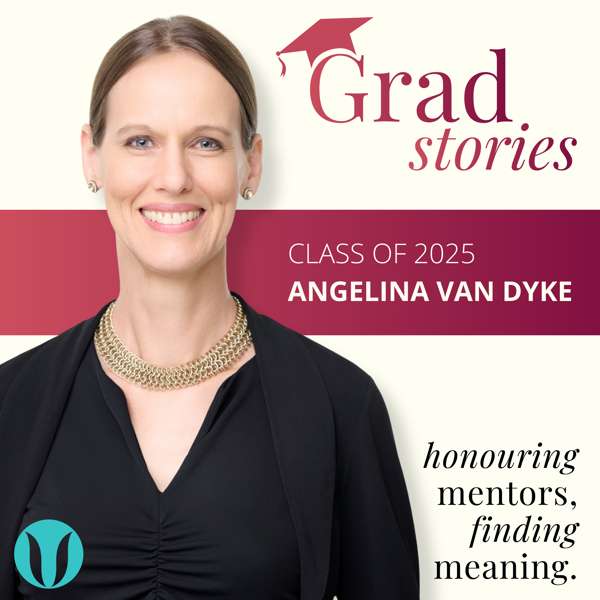Course Review: Prosody as a Process of Meaning Making with Rein Ove Sikveland
Friday 16th June 2023So, what is prosody? What are its features and why should they be studies? Who does it affect? Conversation analyst Rein Ove Sikveland’s ‘Prosody as a Process of Meaning Making’ lecture on Thursday 15th June 2023 provided an expert’s answer to all these questions and more.
Prosody relates to the properties of speech that go beyond individual speech segments e.g. intonation, pitch, loudness, stress, rhythm, voice quality and speech rate, and even goes further into visual prosody with the likes of hand gestures and body movement. From syllables and words to sentences and even non-lexical content (e.g. the sound effect made when lifting something heavy at the gym), prosody is well and truly relevant to all activities in the world, and the devil is in the detail.
The lecture explored how human communication and social interaction is often taken for granted and drilled down into the nuances of prosody using a few key examples of conversations. One of them featured a typical classroom question and answer exchange between a teacher and a student, showing how subtle variations of ‘Yes’, ‘No’ and ‘Mmhmm’ can dictate the flow of the conversation and position prosody as a “window into a continuum of evaluative moves” whereby slightly different question responses with slightly different pitch patterns can be classified as ‘Not there’ (i.e. the student has to acknowledge and reconsider), ‘On the way there’ (i.e. the student has to acknowledge and specify) or ‘Climax’ (i.e. the end goal is reached).
Rein talked about how one can train themself and others with prosody and it was demonstrated, through insightful discussion, just how prosody can be interpreted so differently by different people after hearing the same passage of audio. He took the participants through how they might use peaks, pitch and pausing to try and convince someone about something or really get their point across. How the tone and prosodic design of speech can change when ‘letting loose’ to someone or referring to a third party not present in a situation. And how loudness and pitch can help manage feelings and emotions, using his expertise in researching crisis negotiations to insightfully analyse prosodic patterns in environments of the highest stakes. It is in times like these that the value of understanding and controlling what we often do intuitively can really be noticed.
Towards the end of the lecture, Rein also introduced a useful link which demonstrates the breadth of voice quality and its many categories (Laver's laryngeal settings). Using this link is a great way to examine each one very easily.
Overall, when it comes to examining prosody, the following questions are useful: What kind of unit of talk (‘sound object’ – e.g. word or clause) am I looking at and what are its prosodic features? What is the producer of the unit of talk setting out to do with it? What is the context? Rein recommends Praat as a free software package for getting started with speech and prosodic analysis.
Rein Ove Sikveland
Rein specialises in research relating to social interaction in the workplace, including crisis negotiations, and interactions between members of the public and service providers within health and commercial organizations...





